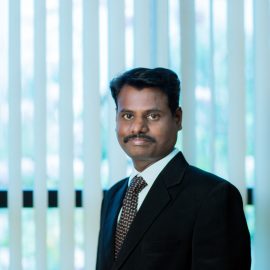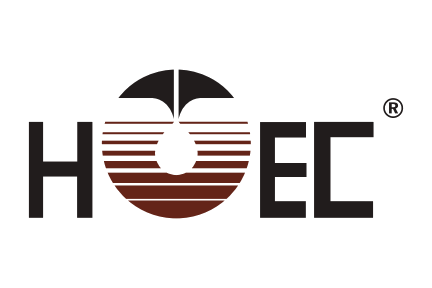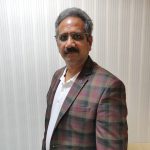

G. Janakiraman
Head – HSE
-
Nov 2006 – Sep 2011
Manager - Safety
Ford India Pvt. Ltd
-
Oct 2011 – Present
Head – HSE
HOEC
Janakiraman leads the HSE function at Head Office and all the sites. He champions a culture that is sensitized to the best practices in HSE. HOEC takes pride in being at the forefront in following a proactive HSE policy.
We caught up with Mr. G. Janakiraman for a chat. Below, is the excerpt of the interview with him.
How long have you been with HOEC?
I have been with HOEC since October 2011.
What makes HOEC a special place to work for you?
There are many reasons for HOEC being a special place to work at. The leadership team of the company is extremely accessible, and always willing to offer advice. There is a sense of togetherness amongst all employees, and each of them performs their tasks with diligence and a sense of accountability. The people believe in helping each other, and one always receives gratitude for the support they provide in the office. Overall the office feels like one big family, where the success of every single person is celebrated, and every individual is encouraging the others around them to be the best version of themselves.
Which projects have been the most meaningful to you? Why?
The Dirok Gas Field in Assam is a very meaningful project to me. We were able to achieve 2.1 million safe man hours during both the phases of the project i.e. Drilling & Commissioning viz laying of under ground pipelines, and commissioning of the Gas Gathering and Processing Plants, where multiple contract forces engaged from the locality. It becomes even more meaningful when we take into account that we struck a balance between complying with the HSE Management System of the company, and obtained statutory approvals for the project, at a time when the company’s chance at an upward growth trend highly depended on the outcome of this project.
If you weren’t in this profession what would you be?
I would be a Divisional Fire Officer controlling 09 fire stations in a district. I had prepared for the examination conducted under the guidance of Nagpur Fire Service College, but did not appear for it.
Since you began your career, what’s changed the most about the Oil & Gas industry? Similarly, what has changed the least?
Working on an oil rig used to be significantly risky, especially when they first existed. However, over a period of time, there have been a number of technological advancements that have enabled improvements in safety conditions, resulting in offshore oil rig jobs being far safer than they previously were. Advancements in analytical capabilities have positively impacted the success rate of finding or reducing the cost of developing and producing oil and gas, thereby making energy cleaner, safer and more affordable.
At the same time, there has been very little change with regards to the exponential challenges related to Behaviour Based Safety, cultural transformation, and compromise on zero tolerance on the HSE front. A major barrier to change is the inadequacy of regulatory frameworks to adapt to a new era of technology that has made fast track projects a possibility.
What is the best advice you have ever received?
It’s easy to start. Everyone can start something. Everyone can have a great idea. But seeing something significant through to completion takes perseverance.
In difficult times, some people break down while some break records. Performers are born in difficulty, not in comfort zones.
Educational Qualification
B. Sc. – Alagappa University
Fire Engineering – National Institute of Fire Engineering
Industrial Safety – Anna University
Occupational Safety & Health – OHSAS

